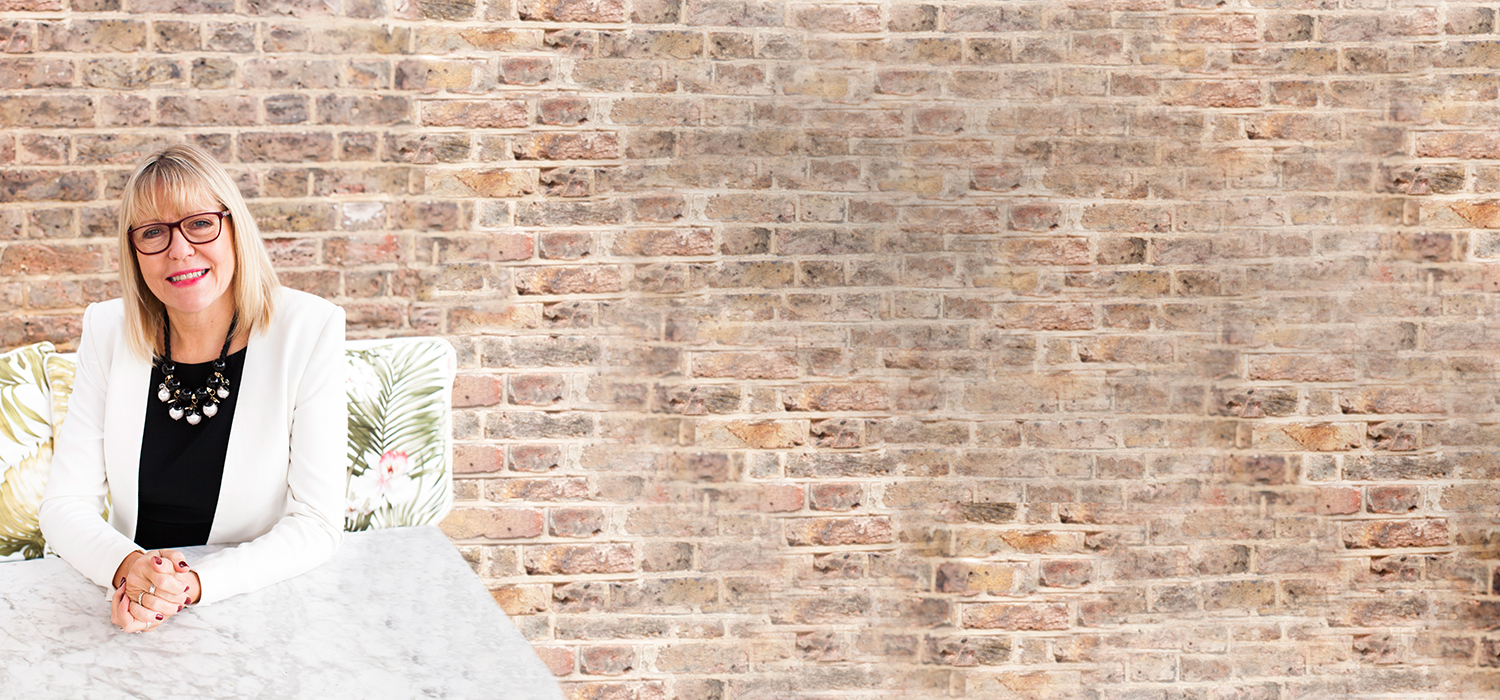Promoting Positive Mental Health
March 8, 2017Mental Health is something that has been in the news quite a bit recently, and when it comes to the mental health of children and young people some of the statistics are indeed quite shocking.
The figures below are taken from www.youngminds.org.uk
- One in Four (26%) young people in the UK experience suicidal thoughts
- Among teenagers, rates of depression and anxiety have increased by 70% in the past 25 years, particularly since the mid 1980’s.
- The number of children and young people who have presented to A&E with a psychiatric condition have more than doubled since 2009. (8,358 in 10/11; 17,278 in 13/14)
- 55% of children who have been bullied later developed depression as adults
Clearly this is a huge problem for the individuals and families concerned but it also a problem for us a society and we must ask ourselves what are we doing, or not doing that our children and young people are suffering in this way. Some children and young people may have certain pre-dispositions or medical problems which may mean mental health problems are more likely and of course others may experience things in their environment which may be more likely to make them depressed or suffer from poor mental health., but there is a collective responsibility for us to ensure as far as possible we all promote positive mental health.
Good, positive mental health is not about an absence of a problem but rather living in a state of well-being and being able to cope with the pressures of life. But what can we do to promote positive mental health?
Get the basics right – our bodies and mind are of course linked and when we look after ourselves physically this has a good impact on our minds and emotions. So ensuring children and young people get enough sleep, have good balanced diets and get regular exercise, hopefully with some time outdoors, will certainly help.
Safe and Secure – Clearly it is vital to mental health to be safe and secure and to feel safe and secure. As adults our job is to make sure that every environment a child or young person is in is one that safeguards their well-being. It is also important that all children and young people know who to talk to if at any time they do not feel safe.
Model good Habits – Children learn by watching adults, so it is important to show them how to say mentally healthy. What do you do when you are worried or stressed? How do you cope if you feel sad or uncertain? By showing children what you do, attaching importance to time with friends , time to relax, talking about problems or even doing some relaxation, they will learn some strategies to cope with their own challenge.
Teach them explicitly – as well as learning by watching, children also learn through being taught and instructed. Have dialogues about mental health, start by talking about emotions, label them, and frame them for children. For example it is fine to be sad when something upsetting happens. It’s also ok to be worried and talk about what they can do to help themselves if they feel those emotions. Talking to an adult or doing things they enjoy may help.
Create environments where it is ok to talk about emotions – this doesn’t come naturally to everyone but it is essential for children to know they can say what they feel and if adults do this they will quickly learn how helpful this can be not only for the children but for themselves.
Encourage gratitude and Kindness – it can sound trite but if we all develop a mind-set of focussing on what we have and on helping others we actually feel better for it. Teach children to be grateful – it lays a foundation for positive mental health in later life.
Value FUN and Relaxation – lives are busy and nowadays with often intense pressure at school and busy lives out of school – there can be little time for FUN. Make sure children have time to laugh and relax every day.
Encourage Creativity – there is considerable evidence that being creative relaxes us, at the same time as challenging us and that is good for our mental health, (for those who like to read the evidence there is plenty here http://onlinelibrary.wiley.com/doi/10.1111/j.1365-2850.2011.01693.x/full). It is no surprise that there a several creative approaches to therapy, Art or drama therapy for example. I doesn’t seem to matter what the creative pursuit it – the fact that it is creative is the point.
So whether you are a parent, step-parent, grandparent, aunt, uncle, teacher, childminder or any adult coming into contact with children and young people we all have our part to play in promoting positive mental health and that may well start by looking after you own mental health. Click here below for ways you can take care of yourself.

